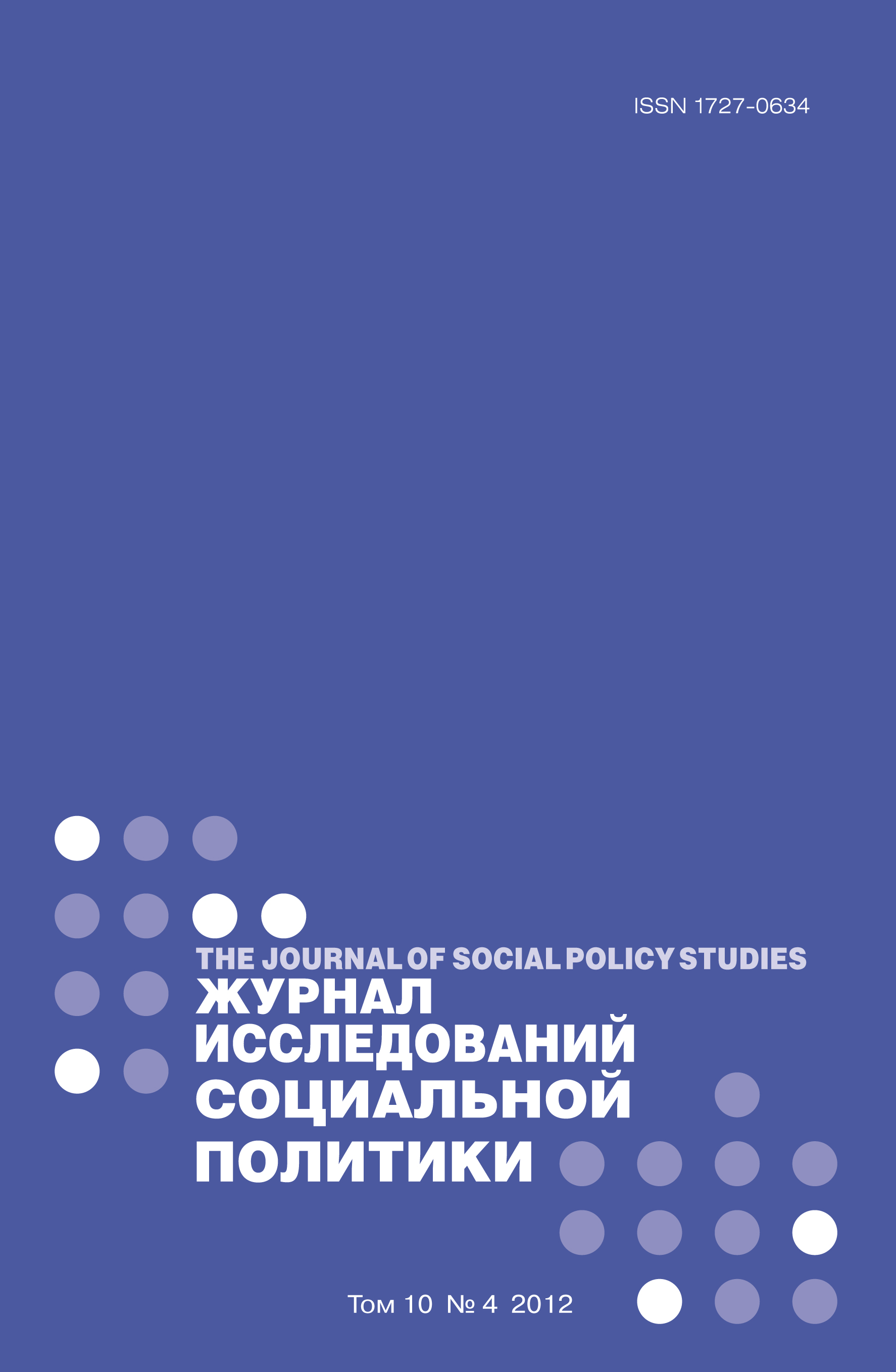Class, Gender and Subjective Well-being in Russia’s New Labour Market: Experiences of Young People in Ul’ianovsk and St Petersburg
Abstract
This article explores the changing experience of class-based identities and inequalities amongst young workers in Russia, with a particular focus on their identifications with old and emerging forms of gendered employment. In post-Soviet Russia, deindustrialisation has seen a shift not towards an advanced, ‘knowledge-based’ economy, but away from the collapse of a state-led economic system. As a result, the industrial sector has continued as a key source of (usually low-paid) employment, as old Soviet enterprises have adapted to new conditions with relatively little restructuring. For working-class youth, this has meant that the old transition from school to factory continues to exist, but that at the end of it are more often than not low-wage, low-prestige forms of employment. The article draws upon two case studies carried out by the author in Ul’ianovsk and in St Petersburg, both of which sought to explore the changing shape of transitions to adulthood amongst working-class youth in Russia, with the aim of exploring how young men and women being channelled into ‘poor work’ in state and former state enterprises experience the material and the symbolic impoverishment of these transitions.
Two particularly salient dimensions of this changing experience are outlined. First, the research points to the increasing difficulty for working-class youth of identifying with or gaining value from the forms of industrial sector employment readily available to them as a result of the material and symbolic impoverishment of this type of work. Second, it points to changes in the ways in which young people subjectively experience their own subordination in the labour market, which is increasingly felt as resulting from personal inadequacies and poor choices, rather than from rational choices supported by traditional forms of working-class identity. The author argues that both of these developments in post-Soviet Russia are connected to wider shifts towards more individualised forms of social inequality that can also be seen in neo-liberal economies elsewhere in the world. However, they are also developments which need to be viewed from gendered and post-Soviet perspectives.















